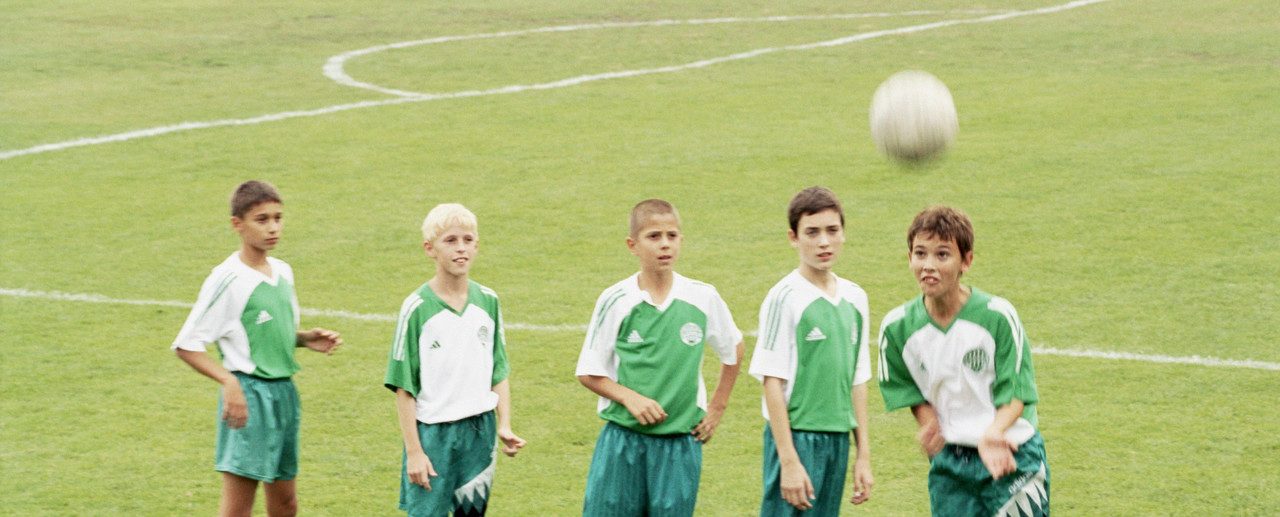February 23, 2018
Should Preschoolers Be Treated for ADHD?

In recent years, attention has focused on screening, and diagnosing, preschoolers for attention deficit hyperactivity disorder (ADHD). This has been, at times, a controversial approach. For many, the idea of being able to diagnose a 4-year-old with ADHD may seem absurd. Isn’t it normal for a 4-year-old to not want to sit still, be distracted, and have endless energy? The contrary opinion has been that while there is clearly a normative baseline for these kinds of behaviors, a small proportion of preschoolers show patterns that stand out from age-appropriate norms that are consistent with ADHD. The argument here is that these children are showing the earliest manifestations and the hope is that early identification and intervention may curb the negative developmental impact of ADHD during the school years.
YOU MIGHT ALSO LIKE: What Makes Behavioral Treatment for ADHD Successful?
Research to date offers something of a mixed bag. Well-designed and conducted studies have shown that, in general, toddlers diagnosed with ADHD are likely to continue to show clinical symptoms during the school years. This suggests that early diagnostics are, in principle, “catching” cases in the sense of flagging children who will go on to show evidence of the disorder when they are in secondary school (e.g., in the case of the scope of research studies, 6 years later). In that sense, this kind of early surveillance may be effective, as it is demonstrating that early-manifesting ADHD – when diagnosed by highly trained specialists – may be a chronic condition throughout childhood.
The big question becomes what we do with this early identification. A major effort has evaluated the short- and long-term outcomes of toddlers diagnosed with ADHD and treated with medication. A six-year-follow-up study which tracked toddlers through about age 10 showed a range of trajectories. It was concluded that, overall, about 1 in 4 of the youth were no longer on medications for ADHD symptoms. So it is difficult to extract from this what the overall benefits of early diagnosis and medication may be. We do know that increased susceptibility to side effects at early ages needs to be seriously considered in this equation. And it is not clear yet from these studies what the gains may be.
So where does that leave a parent? As an advocate for your young child, especially a preschooler who may be showing signs of ADHD, there are a few issues to think about.
First, making a diagnosis of ADHD is a tricky business, and even more so when we are talking about preschoolers. Be sure you get clinical services that reflect requisite experience and show evidence of being capable of making difficult differential diagnoses. A key here will be the level of impairment at both home and in the preschool setting. Do the issues seem severe enough to you, and others, to warrant clinical evaluation.
Second, if a diagnosis is made to your satisfaction, you need to weight the pros and cons of interventions. Hopefully you will have access to clinicians who can expertly guide you through the difficult process of evaluating the utility of trying medications at a young age when there are potential side effects. Without firm guidance from research studies, while I would have the discussion with a clinician about medications, I would strongly investigate evidence-based psychosocial interventions. These come without side effects, and since they are predicated on teaching kids age-appropriate skills that help them interact with peers and adults, and support their academic development, they have lots of upsides. It may be especially important to be sure that you, as a parent, are part of the treatment plan, as direct parental involvement (as compared to treatment that is just aimed at the child) is reported to yield the best results.
As parents, we often seem to hear that we need to learn more from research. This is certainly the case when it comes to diagnosis and treatment of ADHD in the preschool years. A slow, deliberate, and thoughtful approach will be the best course of action, especially as guided by what we have, and haven’t, learned from studies conducted to date. Keeping these principles in mind will help you make decisions that you feel are in the best interest of your child. That’s the best we can do right now.


